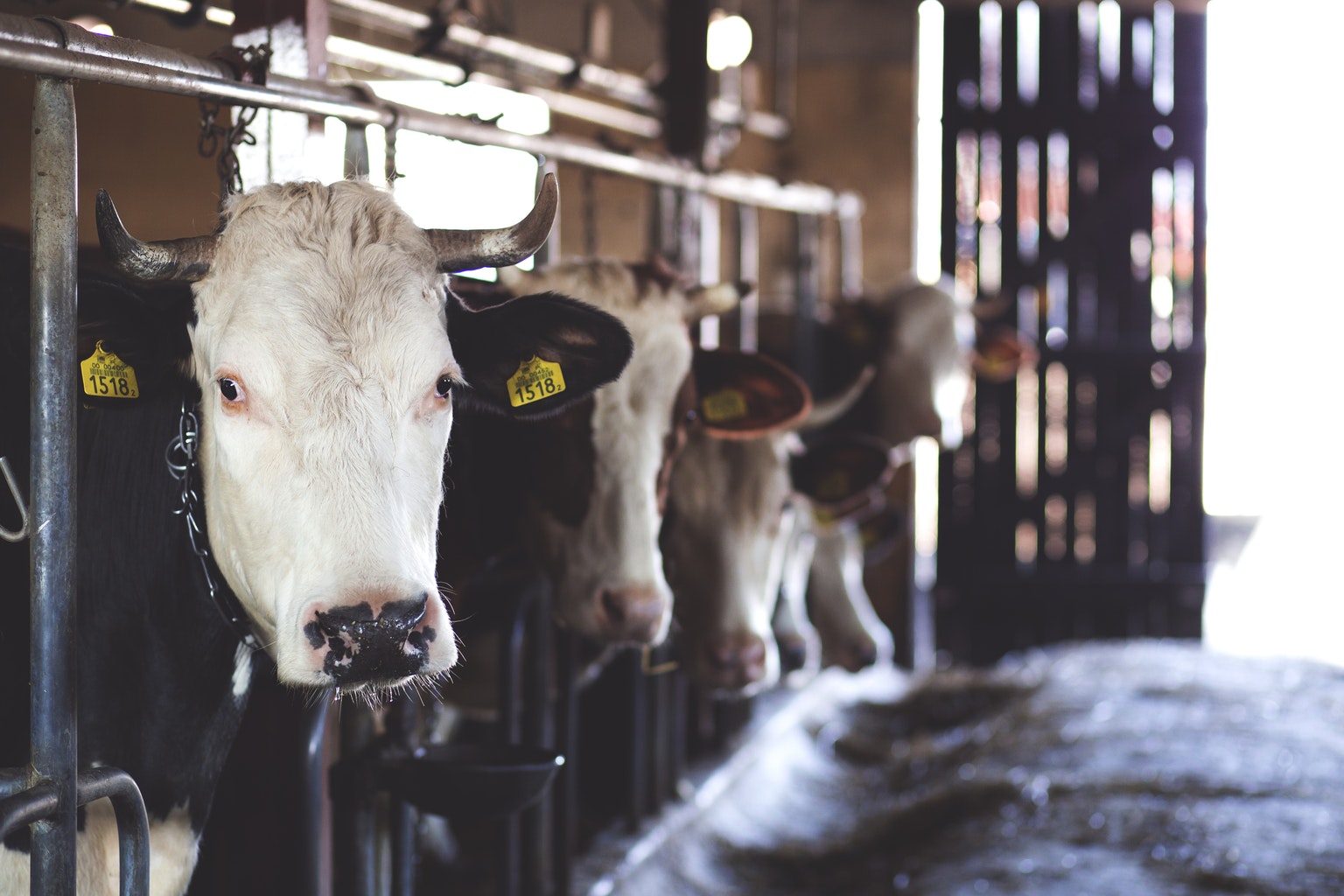The Science section of yesterday’s New York Times included a letter to the editor, written by an Irene Muschel, of New York, who wrote in response to an article (Justin Gillis, “Looks Like Rain Again. And Again.” May 13) that was part of the New York Times’s “By Degrees” series dealing with the issue of global warming.
The letter starts out by asserting that articles dealing with the issue of global warming usually fail to mention the significant relationship between livestock and climate change. “Animal agriculture causes more global warming,” the letter states, “than all forms of transportation combined.” The letter then points out that most people, including, ironically, the climate scientists who warn us about the dire consequences of not addressing climate change, continue making food choices (eating “meat, dairy and eggs”) that are most likely to exacerbate global warming. She ends the letter with this (my italics): “What is the point of knowledge if it does not lead to personal change?”
That simple yet thought-provoking question could equally apply to so many things in life (whole books can be written on the fertile topic of knowledge not leading to personal change). It could also extend beyond diet to include so many other things we could be doing to reduce the size and effect of our carbon footprint. And that issue is not new. We’ve known about global warming for quite some time (decades!). But why hasn’t that knowledge led us towards making substantive personal changes in how we live? That is one of the important questions we need to examine. (Please be sure to read the Underlying Causes page, for information pertaining to this.)
Returning again to the topic of diet, it is interesting to note that Albert Einstein once stated “Nothing will benefit human health and increase the chances for survival of life on Earth as much as the evolution to a vegetarian diet.” I had decided long ago not to include that quotation on my Quotations page, because while I agree that switching to a vegetarian diet would probably benefit mankind greatly, I regard it as being too reductivist in the sense that it’s bad enough that there are already so many people believing “I’m doing my part,” simply because they recycle some of their garbage, or because they’ve gone out and bought a hybrid (automobile), or because they once in a while are willing to reconsider some of their purchasing decisions. I don’t want to contribute to that prevailing minimalistic thinking. There is no hope for saving the planet if we don’t expand our thinking in much broader ways and go way beyond those limited ways of thinking. We can’t save the planet simply by aiming towards being better consumers, while leaving the whole capitalistic, consumeristic, industrial infrastructure and paradigm wholly intact. An improved-upon re-wording of that quotation/sentiment might go something like this: Nothing will benefit human health and increase the chances for survival of life on Earth as much as the evolution towards a holistic approach towards saving the planet.
To corroborate some of the claims the letter-writer is making, an article published in The New York Times, in 2008 (Mark Bittman, “Rethinking the Meat-Guzzler” 27 Jan., p. 1 & 4 Week in Review section), states that “an estimated 30 percent of the earth’s ice-free land is directly or indirectly involved in livestock production, according to the United Nation’s Food and Agriculture Organization, which also estimates that livestock production generates nearly a fifth of the world’s greenhouse gases — more than transportation.” In addition to also pointing out some of the other ecological ills caused by our over-reliance upon a meat-based diet, the article states that in 2007, the world’s total meat supply “was estimated to be 284 million tons.”

